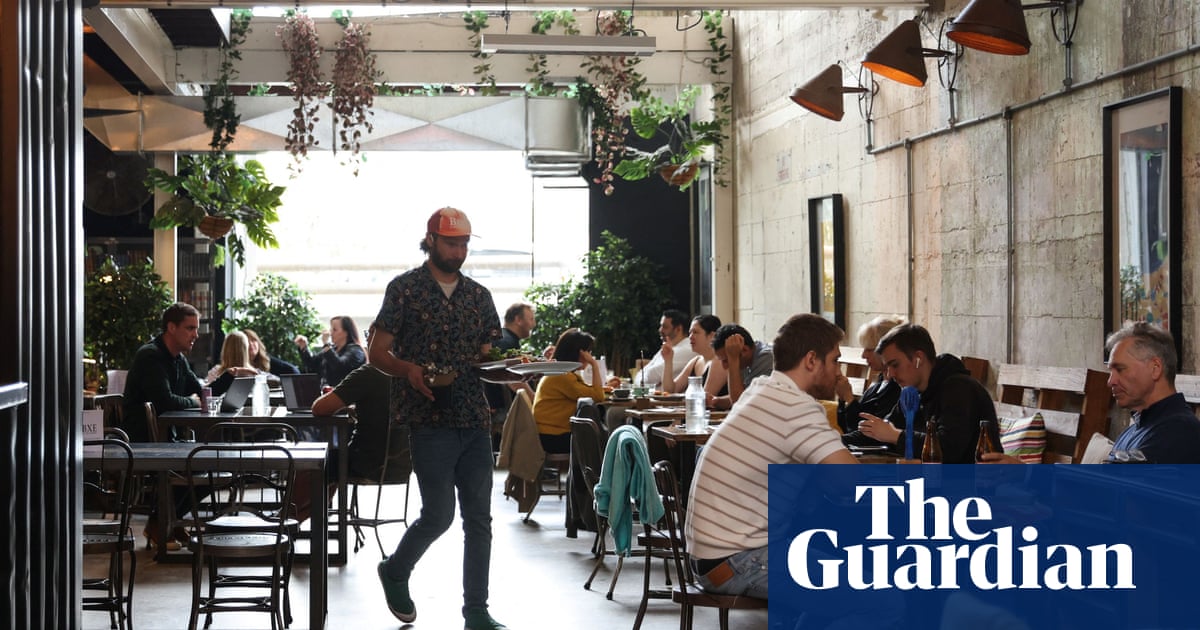
Two days before Matt Hancock began his tumble towards resignation, you could sample news stories about the immediate future of the Covid crisis and choose from two completely different narratives: one all about apparently boundless optimism, the other a mixture of caution and despair.
Thanks to government sources, the Times announced that with vaccinations working their wonders, the country was heading towards the new “terminus date” of 19 July in fine fettle, ready at last “to lift all remaining lockdown restrictions … including social distancing, facemasks and work-from-home guidance”, and to embrace “personal responsibility”. But later the same day, it was announced that 16,135 new cases of Covid had been recorded in the previous 24 hours, the highest number since early February. In Oldham, the Greater Manchester town that has been at the extreme edge of the Covid experience since last year, 3,000 schoolchildren and 210 of their teachers were said to be self-isolating.
As all this news broke, I put in a call to Anthony Costello, the former insider at the World Health Organization and co-founder of the Independent Scientific Advisory Group for Emergencies, aka Independent Sage. He was concerned about the large numbers of people who had still either not been vaccinated or had received only one dose. Even double-dose inoculation, he emphasised, does not completely rule out death: “You greatly reduce your risk but you don’t eliminate it.” He was also worried about the apparently reduced efficacy of vaccines – the percentage reduction of a disease in a clinical trial – against the so-called Delta variant, now starting to be confirmed in early research (which is not yet peer reviewed).
Projections remain difficult, but he said that at the current rate of increase in UK infections, “by the end of July, you’d expect it to go up to 60,000 cases a day”. The real level of infection, moreover, is always considerably higher than the official figure. Recent insights about long Covid underline that such prevalence would be worrying, even if deaths were kept low. As I listened to Costello, I felt a familiar pang of angst: like millions and millions of us, I want to believe that we are nearly out of the woods. The social damage caused by stringent lockdowns now seems to rule out doing anything similar ever again. But too much information suggests that the great social and personal upturning that began in March last year may yet resume.
Nonetheless, as Sajid Javid starts his new job as health secretary amid a familiar whiff of government hypocrisy and internal mayhem, a decisive point is coming. “Living with the virus” is a cliche that may soon become ubiquitous. Speculation is already mounting about what the public might consider an “acceptable” level of death. A suggested number is said to be in circulation in Whitehall, but is not going to be made public. What is perhaps being missed is something very simple: that we perhaps know too much about this virus and the cruel way its effects have reflected all kinds of inequalities to see it as a natural fact of life; and having had our lives upended in the cause of “sending it packing”, we may not be about to sigh fatalistically and think of it in the same terms as, say, road accidents or the annual arrival of the flu.
After 18 months in which they should surely have been learning as many lessons as possible, the people in charge can seemingly still only conceive of Covid and its effects as a simple journey from disaster to national triumph in which our options are always crudely binary: we are either in deep trouble or at a “terminus”. What lockdown ought to give way to is “freedom”. Quite apart from how laughable the Hancock story has made it, the danger with a renewed emphasis on “personal responsibility” is another shifting of the onus for public protection from the state on to individuals, and the reigniting of the blame culture we saw reaching a peak last summer, which could be very ugly indeed (think, for example, of the rates of infection and death among ethnic minorities, or the parts of the population in which there has been comparatively low vaccine take-up).
In the same way, we are now seemingly faced with the choice of either “living with the virus” or surrendering control of our lives. But in between those two poles, as the people in power well know, lie a multitude of things that might keep a lid on the disease while also enabling most of us to live relatively normally. The problem is that the government, and the health department in particular, has been awful at most of them – something vividly demonstrated by the grim history of its test-and-trace efforts, its continuing reluctance to fully cede virus-suppression efforts to local councils, the fact that we still lack an effective system for encouraging and enabling people to self-isolate, and the way we seem to be dragging our feet on moves that might strengthen our collective defences. Vaccinating everyone aged 12 and over is one good example.
As we stare ahead into a future that somehow seems to suggest guarded hope and an equal level of dread, there is an even more basic requirement: a government that can regularly steady nerves, and calmly explain the multiple policy considerations in play. But whatever its changes in personnel, is the government capable of any of that? As with Dominic Cummings, Hancock’s fall will have further eroded public trust (make no mistake, these things do have “cut-through”). Boris Johnson has rashly talked up an imminent end to the crisis since the very beginning, and has looked ill-informed and excitable. His kind of Conservatism, indeed, does not seem to be in the business of encouraging calm. If it sees argument or controversy, its most powerful motivation seems to be the urge to inflame it.
And yet, and yet. There is one body of people whose approach to the crisis has been largely level-headed and balanced. In contrast to the behaviour of the worst people at the top, these qualities have been manifested in the British public’s high vaccination rates, painful sacrifices in accordance with the rules, and in scores of our everyday habits: the mild and polite way we clear space on the pavement for one another; the way most of us dutifully mask up before we step into any enclosed space; our embrace of community self-help.
An overlooked lesson of the last year is that most of us tend to be rational and careful. As strange as it may sound, in millions of people’s lingering anxiety about the virus, there is a kind of hope. Despite the absurdities of our politics, we now know how to carry on living in difficult and complex circumstances, almost as a matter of instinct. Whatever happens after this latest watershed point, and however awful this government’s failures, that will surely be the key to how we all get through the pandemic’s next chapter.
John Harris is a Guardian columnist












